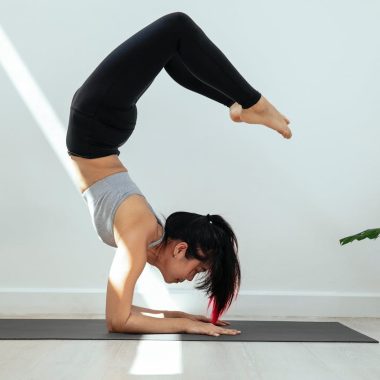The Ultimate Guide to Hydration: Tips for Staying Healthy and Energized
Water is the foundation of life. Our bodies are composed of approximately 60% water, and it is essential for many vital functions, including digestion, circulation, and temperature regulation.
Staying hydrated is crucial for maintaining overall health and energy levels. In this article, we’ll explore some tips for staying hydrated and energized.
-
Know Your Hydration Needs
The amount of water your body needs can vary based on your age, sex, weight, and physical activity level. The general guideline is to drink at least eight 8-ounce glasses of water per day, but some people may need more. If you’re physically active, live in a hot or dry climate, or are pregnant or breastfeeding, you may need to drink more water to stay hydrated.
-
Make Water More Appealing
If you find plain water boring, try adding a slice of lemon, lime, or cucumber for a refreshing twist. You can also infuse your water with fruit, herbs, or spices for a burst of flavor. Another option is to drink sparkling water or flavored seltzer for a little fizz.
-
Avoid Dehydrating Beverages
Certain beverages can actually dehydrate you, such as alcohol and caffeinated drinks like coffee and tea. While these drinks can be enjoyed in moderation, it’s important to balance them with plenty of water to stay hydrated.
-
Eat Water-Rich Foods
Many fruits and vegetables are high in water content, making them a great way to stay hydrated. Some top picks include watermelon, strawberries, cucumbers, celery, and lettuce. Soups and broths are also hydrating options.
-
Monitor Your Urine Color
One easy way to gauge your hydration status is to check the color of your urine. If your urine is light yellow or clear, you’re likely well-hydrated. If it’s dark yellow or amber, you may need to drink more water.
-
Set Hydration Goals
If you struggle to drink enough water throughout the day, try setting hydration goals for yourself. You could aim to drink a glass of water before each meal or snack, or carry a reusable water bottle with you throughout the day.
-
Drink Water Before, During, and After Exercise
Staying hydrated is especially important during physical activity. Aim to drink at least 17-20 ounces of water two to three hours before exercise, and another 8 ounces 20-30 minutes before. During exercise, drink 7-10 ounces of water every 10-20 minutes, and another 8 ounces within 30 minutes of finishing.
-
Be Mindful of Overhydration
While it’s important to stay hydrated, it’s also possible to drink too much water, which can lead to a condition called hyponatremia. Symptoms of hyponatremia include headache, nausea, confusion, and seizures. To avoid overhydration, aim to drink enough water to stay hydrated, but not so much that you feel uncomfortably full or bloated.
-
Consider Electrolyte Replacement
If you’re engaged in prolonged or intense exercise, you may need to replace electrolytes lost through sweat. Electrolytes are minerals like sodium, potassium, and magnesium that are essential for many bodily functions, including muscle and nerve function. You can replace electrolytes with sports drinks, coconut water, or electrolyte tablets.
-
Listen to Your Body
Ultimately, the best way to stay hydrated is to listen to your body. If you’re thirsty, drink water. If you’re feeling fatigued or sluggish, consider whether you may be dehydrated. By staying attuned to your body’s signals, you can maintain optimal hydration and energy levels.
Staying hydrated is essential for maintaining good health and energy levels. By knowing your hydration needs, making water more appealing, avoiding dehydrating beverages, eating water-rich foods, monitoring your urine color, setting hydration goals, drinking water before, during, and after exercise, being mindful of overhydration, considering electrolyte replacement, and listening to your body, you can ensure that you stay properly hydrated.








